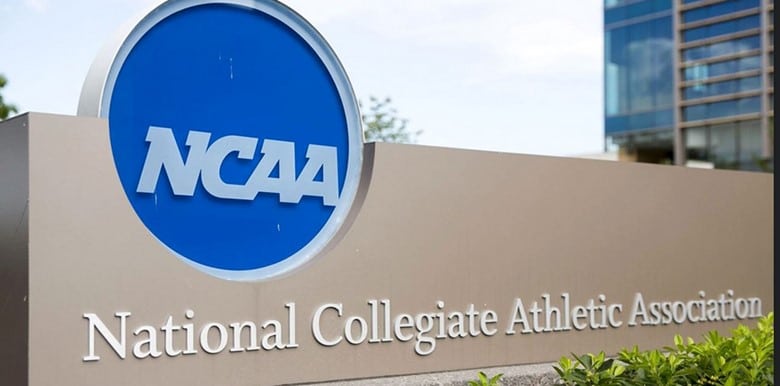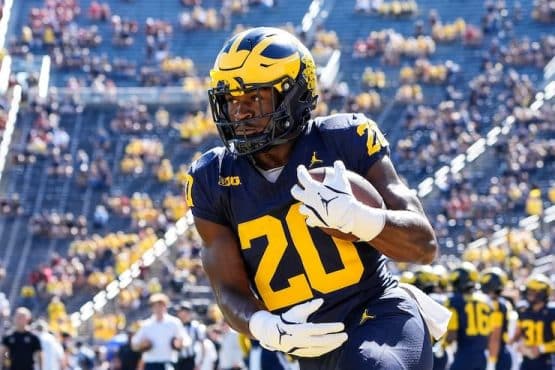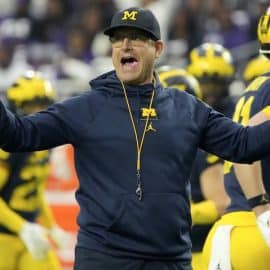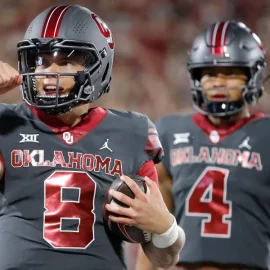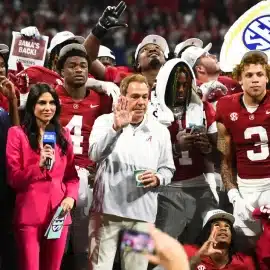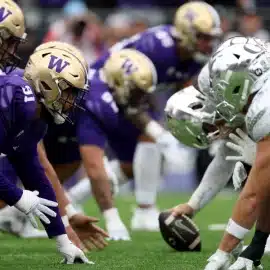The NCAA has recently enacted a new bylaw known as “the NIL (Name, Image, and Likeness) Presumption” that took effect on January 1, 2023. This bylaw marks a major change in the way the NCAA regulates student-athletes’ use of their name, image, and likeness and has been widely debated in the college sports community. The new bylaw shifts the burden of proof to the schools and student-athletes, in essence making them “guilty until proven innocent.”
Guilty until proven innocent
Under the new NIL Presumption, the NCAA infractions process presumes that a violation has occurred if circumstantial information suggests that one or more parties engaged in impermissible conduct. The NCAA enforcement staff can make a formal allegation based on this presumption and the hearing panel must conclude that a violation has occurred unless the institution or the involved individual can clearly demonstrate that all communications and conduct surrounding the NIL activity were compliant with NCAA legislation.
This new approach represents a shift from the previous standard, which placed the burden of proof on the NCAA to demonstrate that a violation had taken place. With the NIL Presumption, the responsibility now falls on the school or individual to prove their innocence, effectively making it “guilty until proven innocent.”
Critics of the new bylaw argue that this approach undermines the fairness of the NCAA’s enforcement process, as it presumes guilt without concrete evidence. However, the NCAA’s Vice President of Enforcement, Jon Duncan, has stated that the organization takes into account many different sources of information, including social media, to prevent false rumors from being acted upon.
A more transparent process
The NIL Presumption is just one of several reforms to the NCAA’s enforcement process that took effect on January 1st. These reforms aim to make the process more efficient and transparent and to bring the NCAA up to speed with the rapidly evolving world of college sports. With the increased focus on student-athletes’ rights and their ability to monetize their name, image, and likeness, the NCAA’s enforcement process will play an even more important role in shaping the future of college sports.
Despite the criticism, the NIL Presumption marks a significant step forward in the regulation of student-athletes’ use of their name, image, and likeness. The new approach places a greater emphasis on ensuring that all parties involved in NIL activities comply with NCAA legislation, and it may help to prevent exploitation of student-athletes by unscrupulous third parties.
The new NIL Presumption bylaw is a significant change to the way the NCAA regulates student-athletes’ use of their name, image, and likeness and will likely have far-reaching implications for the future of college sports. The bylaw has been met with both support and criticism, but it is clear that it marks a new direction for the NCAA’s enforcement process and will play a key role in shaping the future of college sports.
Add The Sports Daily to your Google News Feed!
